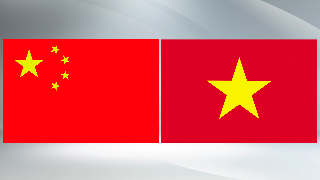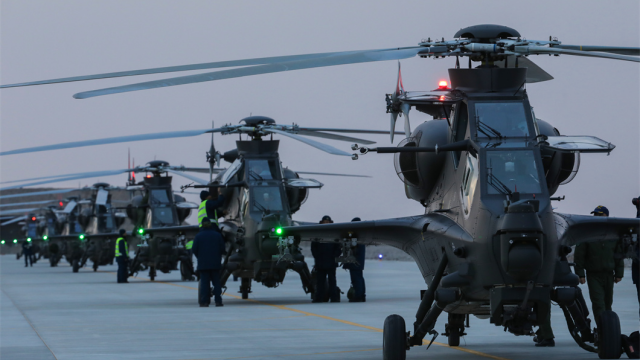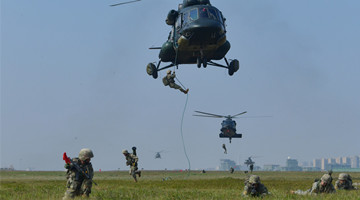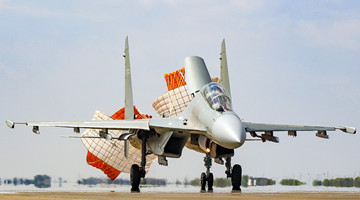By Guo Dan
August 15, 2021marks the 76th anniversary of Japan’s defeat and surrender in World War II. As usual, the Japanese government held a mourning ceremony in the Nippon Budokan, Tokyo. Japanese Prime Minister Yoshihide Suga addressed the ceremony for the first time since taking the office of prime miniser. However, Suga’s speech mainly followed that of his predecessor Shinzo Abe, making no reference to Japan’s war of aggression and colonization in Asia, let alone expressing remorse and apology. So far, Japanese prime ministers have removed any mention of aggression and remorse in their speeches at the annual memorial service for nine straight years.
Analysts pointed out that though Japan holds ceremonies to commemorate World War II every year, it has diverged farther and farther from the truth of wartime history. Some Japanese politicians mourned war criminals under the pretext of “preserving peace,” and the Japanese public became ignorant due to a lack of education on history. All of these again reflects the distorted view on history in the Japanese society and the “false, ugly color” of some Japanese politicians.
In addition, several members of the Japanese Cabinet visited the Yasukuni Shrine, where World War II Class-A war criminals are honored. Though Yoshihide Suga didn’t visit the shrine personally, he still paid tribute as the president of Liberal Democratic Party of Japan (LDP).
Asian countries once suffered Japanese aggression, including China and the ROK, have repeatedly expressed discontent and denouncement for Japanese politicians’ visits to the Yasukuni Shrine. On August 13, China’s Ministry of National Defense slamed Japanese Defense Minister Nobuo Kishi’s visit to the Yasukuni Shrine by saying that the visit once again reflects Japan’s wrong attitude towards its history of aggression and its sinister intention of challenging the post-war international order, and that China urges Japan to seriously reflect on its history of aggression, keep in mind the historical lessons, correct its mistakes and gain the trust of its Asian neighbors and the international community through concrete actions
Not only some Japanese politicians publicly downplay and even beautify their country’s history of aggression but many Japanese people are seriously lacking in knowledge of historical facts related to World War II, forming a distorted view of history.
On 6th and 9th of August, ceremonies were respectively held in Hiroshima and Nagasaki to commemorate the atomic bombings. The German Embassy in Japan posted an article on social media on August 9, which mourned victims of the atomic bombings and pointed out that the tragedies were sourced from the war triggered by nationalism and militarism in Germany and Japan.
However, the article was immediately flooded by criticisms from Japanese netizens. The comment section was packed with various ridiculous remarks such as “How dare you to liken Japan to Nazi Germany?” “Japan was forced to launch a self-defense war.”“Japan launched the war because it suffered US economic blockade.”
A research fellow at the International Peace Research Institute at Meiji Gakuin University noted that Japan has long attempted to justify and beautify its war of aggression, and scorned and discriminated against the countries it invaded, which demonstrates that Japan has failed in admitting its mistakes, punishing those responsible for the war of aggression, and carrying out true remorse across society.
He also pointed out that Japan’s school education fails to play a due role in helping students form a correct view of history. History textbooks in primary and secondary schools of Japan don’t clearly define the war launched by Japan as the aggression of other countries, and increasingly decrease content related to Japan’s aggression. Due to “limited school teaching hours,” modern history is almost skipped in history curriculums in Japanese primary and secondary schools. What Japanese students can learn about the history of World War II at school is very little, except for the “sufferings” of their country, such as “air raids and atomic bombings” by the US. Historical revisionism and comments scorning other Asian countries flood in Japan, exerting a profound influence on young people in the internet era.
Although their historical awareness has incurred criticism from Asian neighbors and the international community, Japanese politicians remain shameless and continue hyping sophistries that aim to beautify their history of aggression.
In his address at the August 15 memorial service, Suga called Japanese soldiers who died in the war of aggression as “those who died on the battlefields while concerning the future of their motherland and praying for the wellbeing of their families” and said that Japan’s current peace and prosperity “is built on the precious lives of those died in the war and the nation’s history of sufferings.”
Analysts pointed out that Japanese politicians preach “safeguarding peace,” but at the same time revere Japanese soldiers who died in the war of aggression as “heroic martyrs,” which proves the falsity of the so-called “peace concept” they claimed.
Such falsity is also embodied in Japan’s attitude towards nuclear weapons. The Japanese government has long declared itself as “the only victim of atomic bombings in the world,” and claimed that it is endeavoring to play a leading role in building a “world free of nuclear weapons.” However, under the pretext of “security threat”, Japan refuses to sign the Treaty on the Prohibition of Nuclear Weapons(TPNW) initiated by non-nuclear states. At this year’s ceremonies commemorating the nuclear bombings, both mayors of Hiroshima and Nagasaki requested the Japanese government to sign the treaty, but Suga refused to respond to this request.
The Japanese researcher from the Meiji Gakuin University pointed out that Japan’s voice to call for a “world free of nuclear weapons” will be taken seriously by other countries only when it completely bids farewell to nationalism, imperialism and the war of aggression. As a victim of atomic bombings, Japan shows a negative attitude towards joining the TPNW, which highlights the derangement of the Japanese government.









